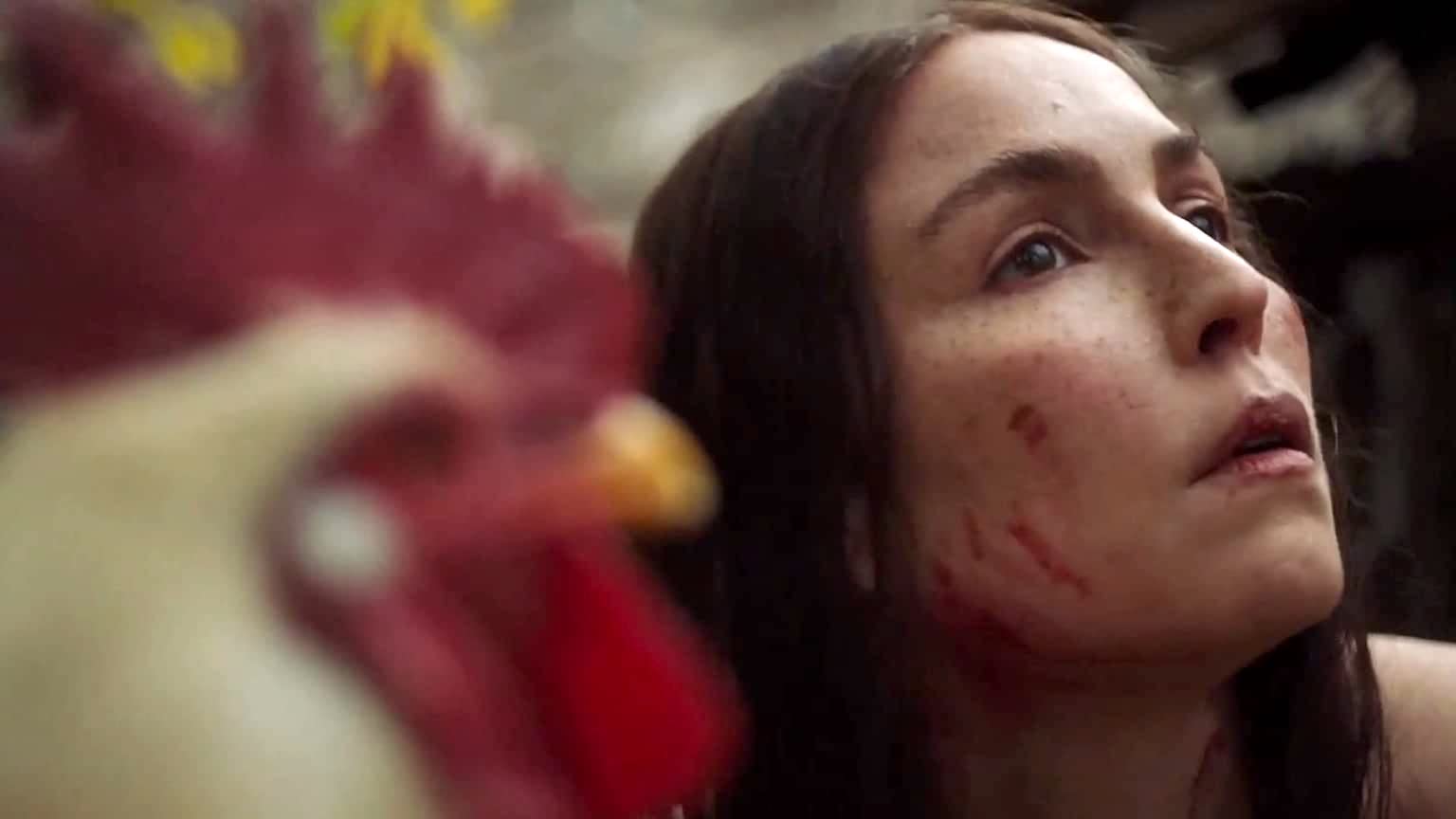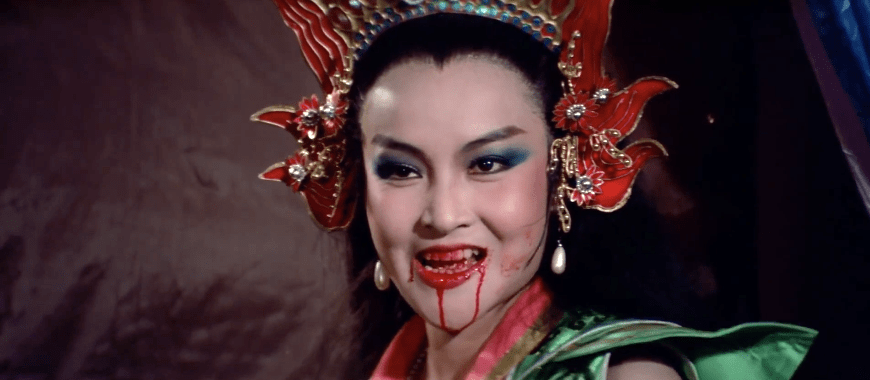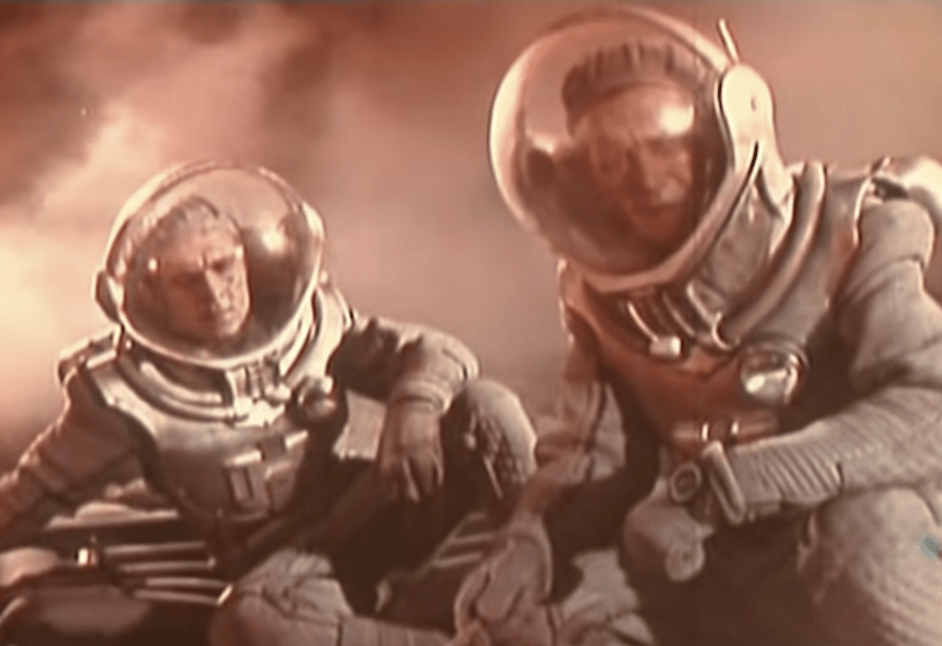
If you look up which country makes the most films every year, you will see that India is always in the lead. Bollywood is a powerhouse servicing 1.4 billion people. Second on the list is always the United States, but this is inaccurate. You can pour over Google and find as many lists as you like, but it’s hard to find a single list that accurately includes Nigeria as the second biggest film producer in the world. I’m not sure why Nigeria is ignored, but it might be that no one wants to sit through one of their movies.
Nigerians don’t seem to mind watching them. They enjoy them enough to justify a billion-dollar industry. Sure, it’s a torrential flood of remorseless muck, but it’s more muck than almost anywhere else in the world. Muck or no muck, they still deserve their second-place status on the world stage. Maybe the list can add an asterisk or a caution label.
Nigeria’s film industry, or Nollywood, faces challenges that first-world industries couldn’t imagine. Unreliable electrical grids, unreliable roads and transportation, a general lack of money, and the menacing specter of Boko Haram as it makes its way across the country. None of this excuses the cinematic abominations that Nigeria perpetrates upon its own people, but it shows some tenacity.
Nneka the Pretty Serpent came out in 1994. It was written and directed by Zeb Ejiro. For reasons I will never understand, it was a commercial success and is referred to as the film that launched the “demon possession sub-genre". Nollywood has a whole lotta sub-genres. The Nigerian audience is far from homogenous. They divide among tribal lines, ethnic lines, religious lines, linguistic lines, and political lines. There are individual genres that specifically target each of them. In modern-day Nigeria, most of the films are made in English in order to appeal to a broader market, but back in the 1990s, there was more diversity. Nneka the Pretty Serpent was made in the Igbo language with English subtitles.
Watching Nneka the Pretty Serpent is almost like watching a film made in real-time. Scenes begin with an empty room. Then, the first character arrives and takes position, then we wait a few seconds, and then the second character arrives. Then, they stiffly face each other and exchange awkward, halting dialogue. Then, one leaves, and then the other leaves. Then, we get a full two seconds of the empty room, and then we fade to black. During most of these scenes, the camera sits unmoving on its tripod, as if the cameraman has passed away.

99% of the film is just shots of two people standing still in a room talking to each other. Of course, that is the cheapest way to make a film, and these films have very small budgets, but maybe the crew could stroll outside every now and then. Instead, we get badly lit scenes with dialogue that sounds as if it is being recorded by a mic stuck underneath the couch cushion.
As far as I can tell, Nneka the Pretty Serpent is about a woman who can turn into a cat. There are no serpents in the film at all. I’m thinking they meant serpent as a pejorative metaphor, indicating she is devious, which she most certainly is. Nneka is under the control of the evil water goddess Mami. This causes Nneka to seduce men and drain them of their money. The whole two-hour film is just watching her prance around with a haughty smile, while she insults women and steals their men. Scenes that could be interesting are almost entirely avoided. Nneka only turns into a cat once, Mami never makes an appearance, there is no sex or sexy clothing, there’s no violence. Just talk, talk, talk, talk, talk.
At the very end, Nneka runs into some resistance, so she goes to the beach and prays for more power. She receives it from some guy dressed in white, and the movie ends. It was then that I realized that this painful marathon of boredom was only part one. There is a second half out there somewhere. I managed to find a visual review and summary of the second half, and it looks like it’s a little better than the first half. It appears to have more special effects and drama, but I’m sure it’s still awful. It doesn’t matter anyway, I couldn’t find a way to view it. If I had found a copy, I’m not sure I would have had the fortitude to sit through it.
So what does it all mean? Is there anything to be gleaned from this absurd mess? Ideologically, the film is trying to promote Christian doctrine. It is the evangelical preacher who fixes everything in the end. Mami, the water goddess, is shown as a powerful entity, but she exists only to show the evil nature of Africa's indigenous pagan beliefs. It's essentially a colonialist film, espousing the idea that Africa's best hope is to adopt their colonizer's belief system.
The sad part is that much of Nollywood is rife with Christian ideology. The actors and producers will proudly profess that Nollywood is an industry made by Nigerians, about Nigerians, and for Nigerians, but in many ways, it is just another union of Christianity and capitalism, driving the knife deeper into the heart of Africa. Jomo Kenyatta put it best when he said, “When the missionaries came to Africa, they had the Bible and we had the land. They said, 'Let us pray.' We closed our eyes. When we opened them, we had the Bible and they had the land.”




